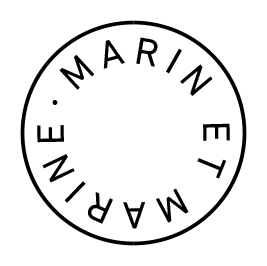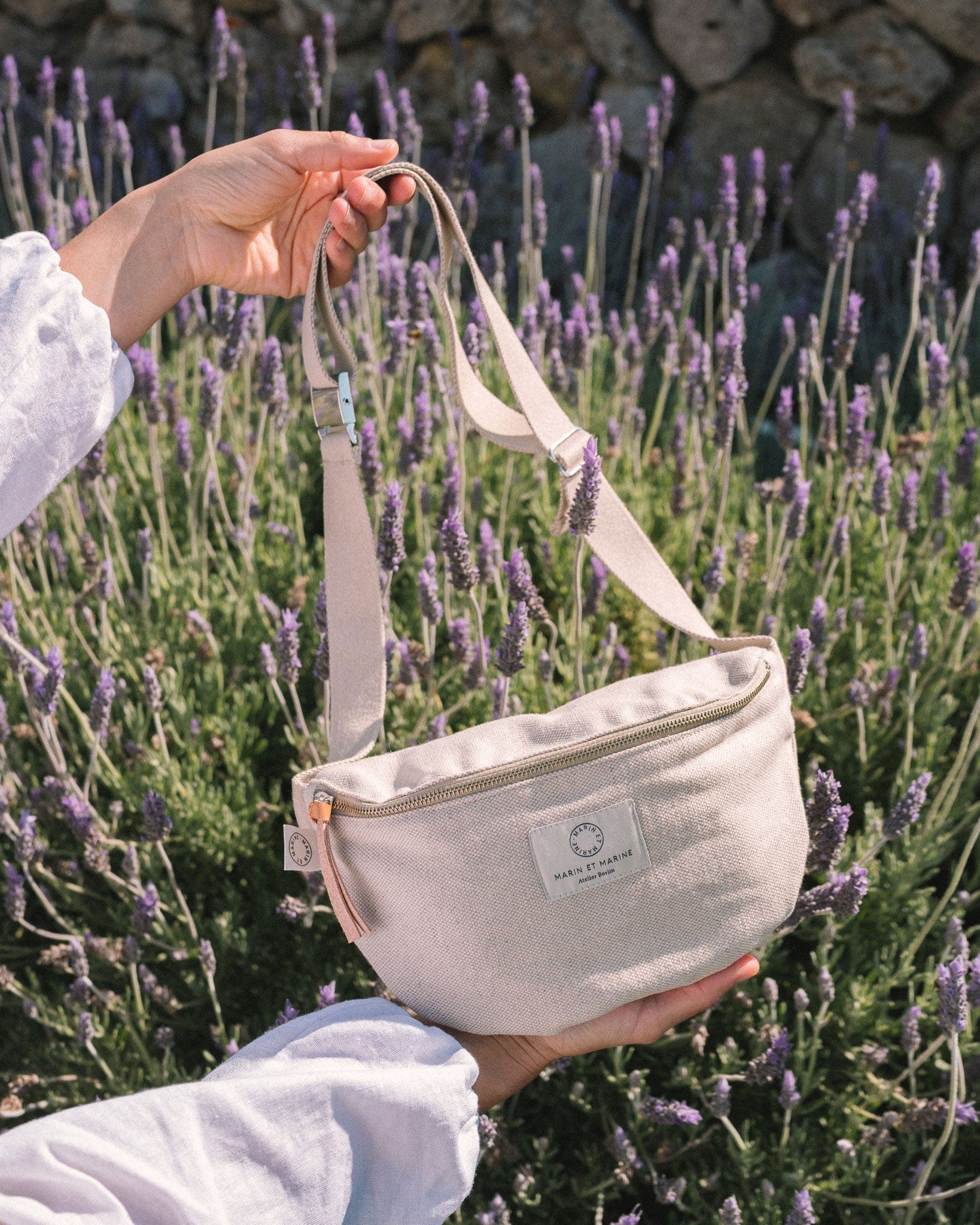
NATURAL MATERIALS
Responsibility towards our environment is not an option, but a must. Organic quality materials are much more environmentally friendly, which is why we use them exclusively.
Compared to conventional cotton, growing organic cotton requires around 80 percent less water, 50 percent less energy and no chemicals.
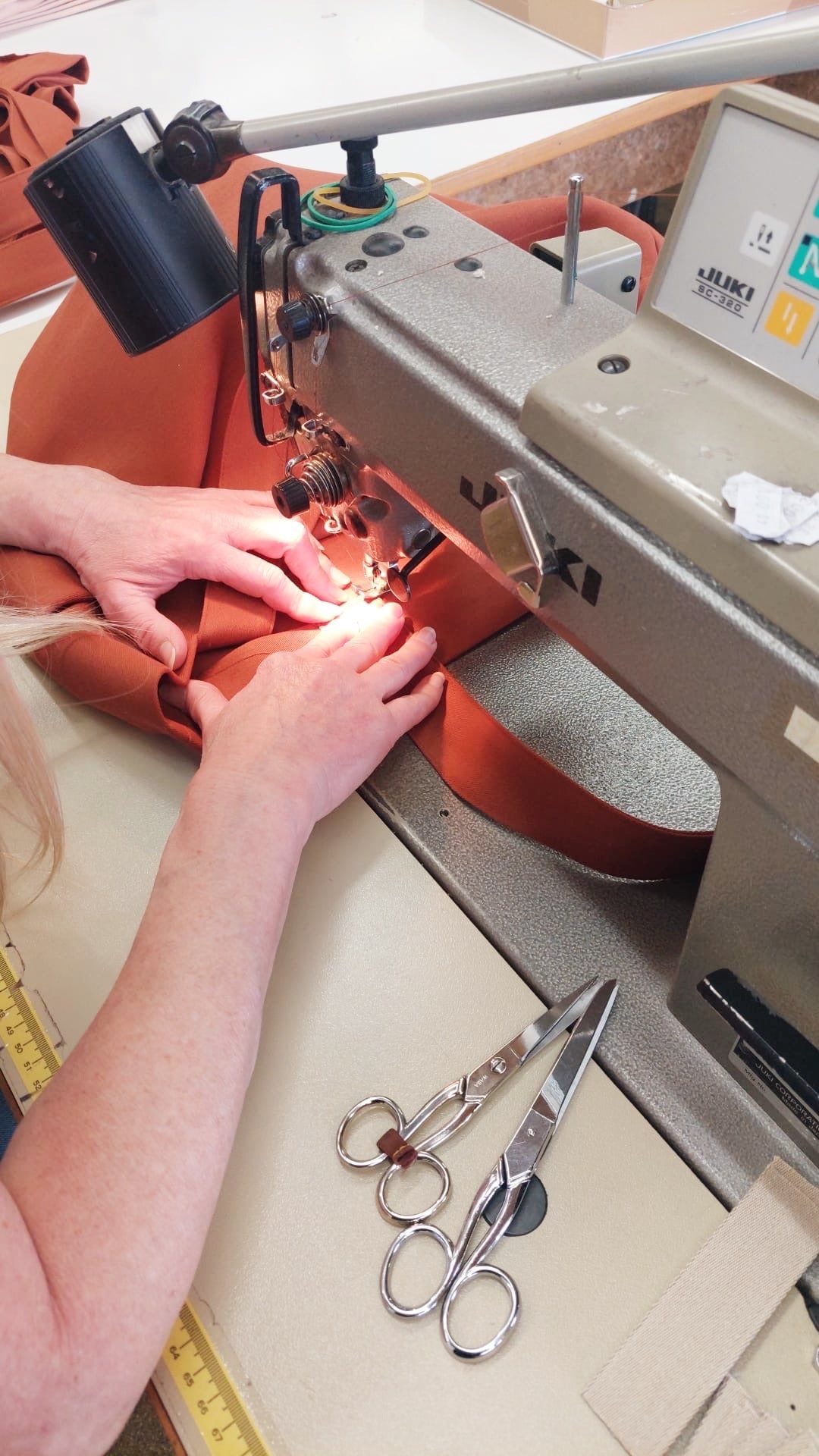
COTTON FROM KBA
We love natural materials because of their unique properties and incomparable feel. Whether pure cotton, virgin sheep's wool or linen, we choose them not only because of their durability and excellent properties, but also because they are grown with respect for nature and are renewable raw materials.
There are very few weaving mills left in Germany - so we are proud to work with one of the few. The traditional weaving mill with an attached dyeing factory has been using cotton from controlled organic cultivation (kBA) for 25 years and is certified according to the Global Organic Textile Standard.
- kBA controls organic cotton cultivation
- Protection of nature, long-term maintenance of soil fertility
- Less water consumption than with conventional cotton
- Natural fertilizers, no chemical fertilizers
- GOTS certified (controlled supply chain: compliance with ecological and social standards)
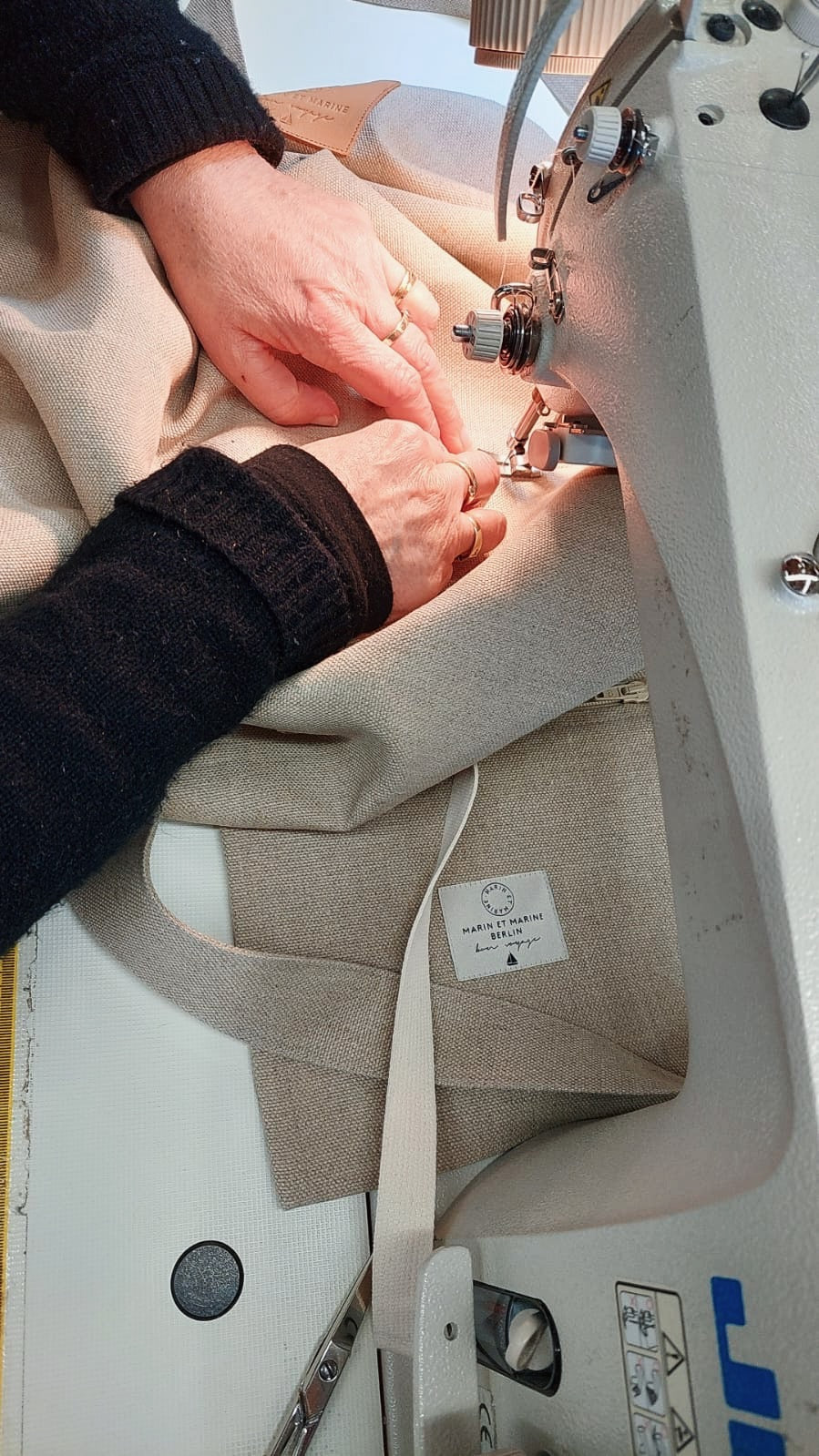
ORGANIC LINEN
Basically, linen is a very sustainable product because it is a local natural fiber that is biodegradable. This plant-based material required less water and chemicals than other fibers.
Our canvas bags are light, durable and relatively resistant to dirt. Protect your bags and save energy by washing them at low temperatures and letting them air dry.
